How mobile mesh helps Hero Games Charity give back to Gold Star families
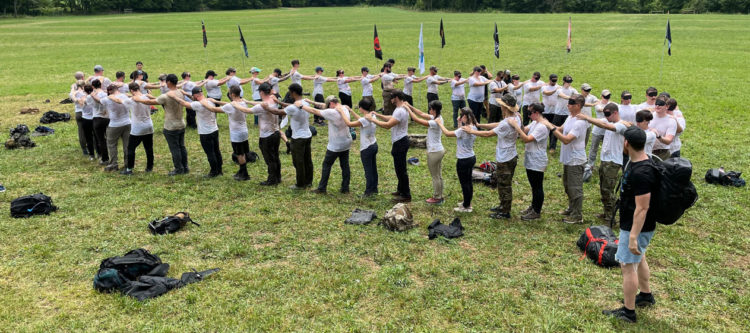
From direct combat and counterterrorism to hostage rescue, humanitarian assistance, and more, Special Operations Forces (SOF) service members are involved in some of the military’s most dangerous and high-risk missions and situations.
The special forces community is comprised of the military’s more elite units that are given the special training and equipment necessary to infiltrate hostile territory and austere environments through land, sea, or air. Sadly, these dangerous missions can sometimes result in the tragic injury or loss of a soldier – leaving families devastated.
With these SOF Gold Star Families in mind, and having served seven combat rotations to Iraq and Afghanistan himself, Joshua Daniel, an Active Duty Special Forces Soldier, founded the Hero Games Charity to give back.
To tell us more about the Hero Games Charity, how it benefits SOF soldiers, and how mobile mesh networking has helped create situational awareness and decrease risk to competitors in off-grid locations, we sat down with Joshua Daniel.
The Last Mile (TLM): Can you tell our readers a bit about the Hero Games Charity? Where did it get its start? Where did the idea and concept come from?
Joshua Daniel: Hero Games Charity (HGC) is a non-profit organization that serves Special Operations Forces Gold Star Families. HGC is run by active and former military special operations members, and civilians.
The idea was started in 2016 at Sharp Top CrossFit in Bedford, VA, with a military-themed Workout of the Day (WOD), and gradually grew to what it is today.
TLM: What different kinds of programs do you run? Who can participate in these programs and activities?
Joshua Daniel: HGC’s open-to-all annual event is the Hero Games. This is a team fitness competition modeled after special operations training where six, 12-person teams compete in a 6-8 hour grueling physical event.
We also run mountain, youth, and coastal survival courses that serve as fundraising events for the annual Hero Games. Our basic survival courses are open to all and are a great opportunity to learn new skills and build relationships with the HGC Crew.
TLM: What does Hero Games Charity do for Gold Star Families? Why is this important for them?
Joshua Daniel: Each annual Hero Games honors a different Gold Star Family and fallen Special Operator. The HGC Crew hosts the Gold Star Family in Bedford, Virginia for an all-expenses-paid week surrounding the event.
During that week, the HGC Crew and Gold Star Family spend time in the mountains, on the rivers, and in the local area building an enduring relationship. That Saturday, the Hero Games are held, bringing hundreds of competitors, spectators, and volunteers together for the cause.
TLM: How often are Hero Games Charity events held in off-grid and geographically remote locations? Why are these locations utilized for these events?
Joshua Daniel: Most HGC events are held in off-grid areas in rural Virginia and Florida due to the nature of our work. The annual Hero Games take teams cross-country through the Virginia hills and mountains to simulate the terrain Special Operations Forces face in combat environments.
Our survival courses are austere in nature— replicating a real-world survival situation.
TLM: Does the remote nature of some of these locations create communication and situational awareness challenges for the organization? If so, what problems can that create?
Joshua Daniel: Maintaining communications in these areas is next to impossible. There is little wireless infrastructure to support cell phone use, and the terrain hinders the use of line-of-sight radios.
The absence of consistent communication increases the risk to the participants, Cadre, and the event as a whole.
TLM: How has mobile mesh networking been utilized in these events in the past to enable communications and situational awareness?
Joshua Daniel: goTenna supported the 2022 Hero Games with two forward deployed engineers (FDE) and a goTenna Pro Deployment Kit 2. The FDE’s placed goTenna devices throughout the area of operation to ensure consistent communications were possible during the entirety of the event.
Each Cadre Team was provided a goTenna and mobile device that facilitated real-time tracking of their team and others. As a result, this provided greater situational awareness to our command and control element.
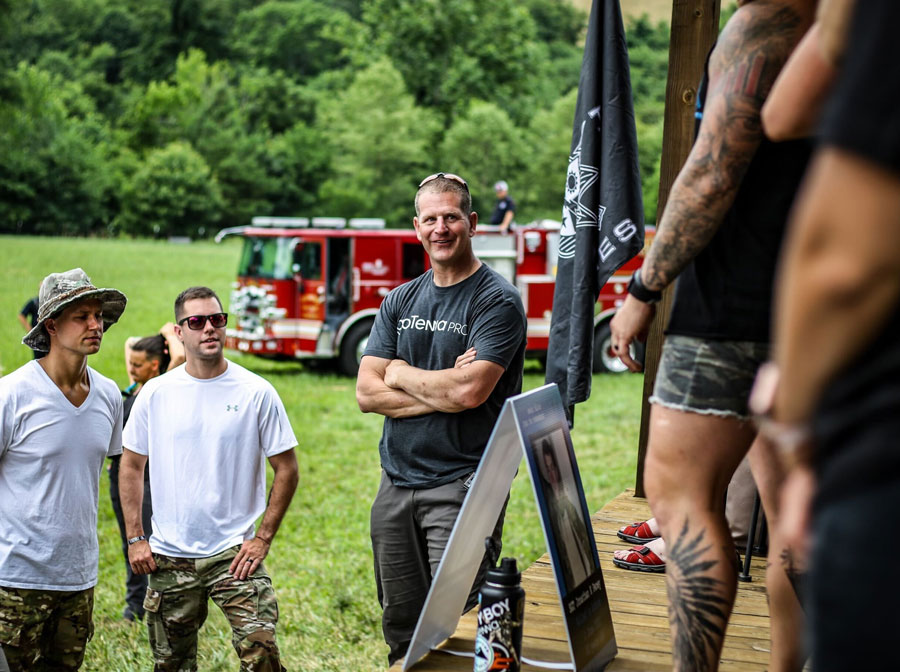
TLM: What was the experience like utilizing mobile mesh? What did it enable that might not be traditionally available in these locations?
Joshua Daniel: Using mobile mesh filled a gap that could only be filled otherwise through expanded communications infrastructure.
Communications were consistent and clear—increasing communication and decreasing risk.


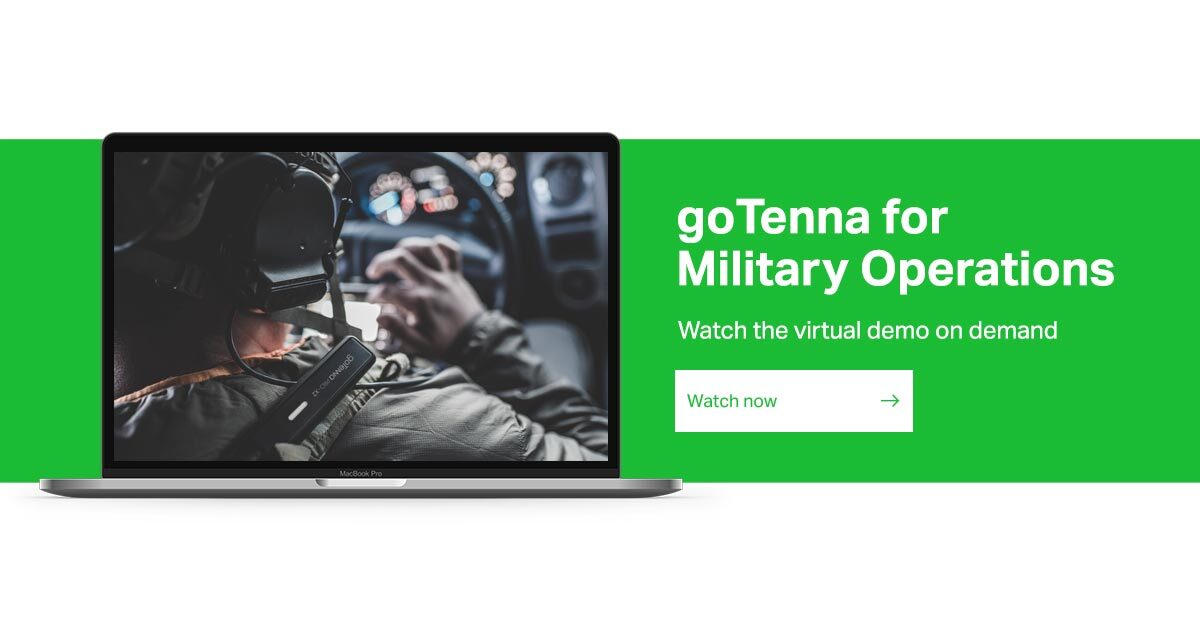
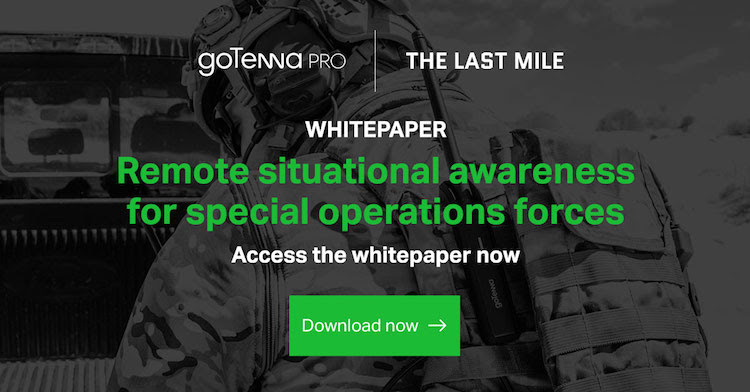
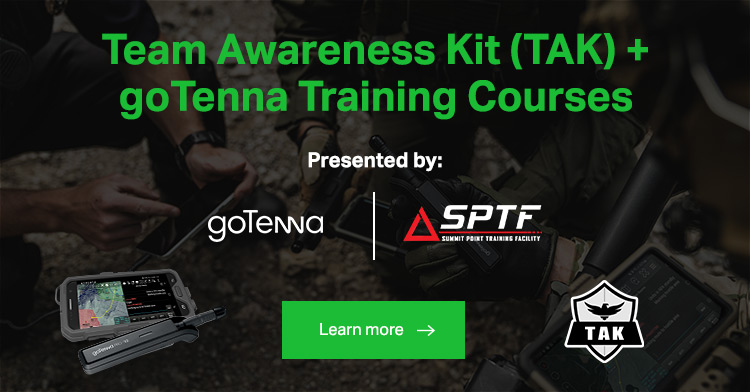
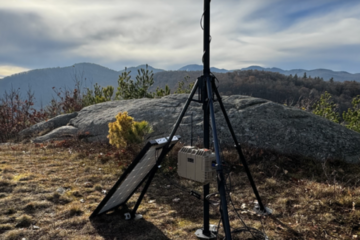
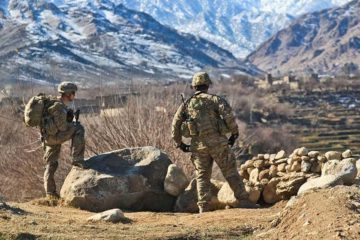
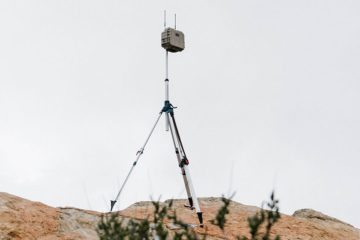


No Comment